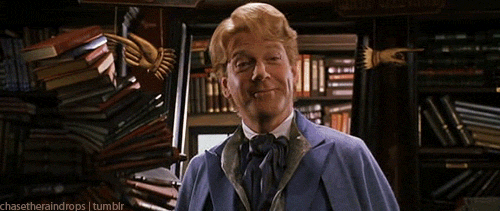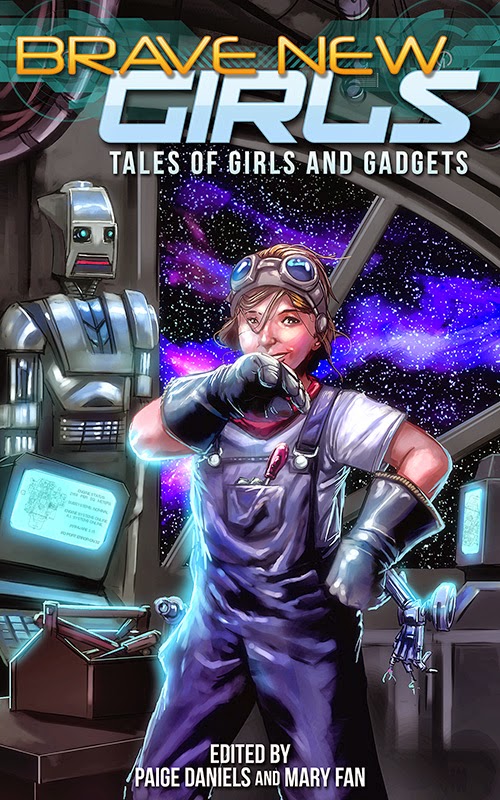by
 I have a thing for graveyards. And cemeteries. Both,
actually. What’s the difference? A graveyard, by definition, is on sacred
ground (belonging to a church). A cemetery does not have to be on sacred ground
and can be anywhere (for example, the Jewish cemetery located right next to the
Freehold Raceway Mall about 20 minutes from where I grew up in Jersey. I always
found that to be an interesting
locale.). Most people use the two terms interchangeably. Of course, for me, graveyards
conjure up images of creeping ivy and angel headstones with chipped wings
whereas cemeteries just remind me of my grandma taking me on a tour of the
family plots.
I have a thing for graveyards. And cemeteries. Both,
actually. What’s the difference? A graveyard, by definition, is on sacred
ground (belonging to a church). A cemetery does not have to be on sacred ground
and can be anywhere (for example, the Jewish cemetery located right next to the
Freehold Raceway Mall about 20 minutes from where I grew up in Jersey. I always
found that to be an interesting
locale.). Most people use the two terms interchangeably. Of course, for me, graveyards
conjure up images of creeping ivy and angel headstones with chipped wings
whereas cemeteries just remind me of my grandma taking me on a tour of the
family plots.
So, why do I have a thing for graveyards and cemeteries?
Well, for starters I’m a history nerd. And there’s something so mind-bending
about seeing the headstones of people who actually lived through some of
history’s most incredible events. I
mean, I know people lived during the Revolutionary War but it sometimes doesn’t
seem real until I see their birth year as 1755 etched in stone. Under my feet
lies a person who saw things I don’t even want to imagine.
 Another reason is that I’m a sucker for genealogy. When I
was a kid, all these older relatives died around the same time -- my
grandpa's sister and his brother; my great grandparents…My brother and I were
too little to be left alone so we went to the funerals. My grandmother would
feed me sponge cake and show me the family plots. She'd place a rock on top of
the headstones (as is Jewish custom) of our relatives and tell me about them. This one was married to this one. This one
fought in this war. This one was a bootlegger. Then we'd walk around and
explore the rest of the cemetery. The one tidbit I remember the most was when
she showed me a headstone in the shape of a tree trunk. "It's for a young
person who was cut down in the prime of their life," she had said. Anyway,
I've never associated cemeteries with anything too morbid or macabre. For me,
they're like taking a tour of family history with my grandma as tour guide.
Another reason is that I’m a sucker for genealogy. When I
was a kid, all these older relatives died around the same time -- my
grandpa's sister and his brother; my great grandparents…My brother and I were
too little to be left alone so we went to the funerals. My grandmother would
feed me sponge cake and show me the family plots. She'd place a rock on top of
the headstones (as is Jewish custom) of our relatives and tell me about them. This one was married to this one. This one
fought in this war. This one was a bootlegger. Then we'd walk around and
explore the rest of the cemetery. The one tidbit I remember the most was when
she showed me a headstone in the shape of a tree trunk. "It's for a young
person who was cut down in the prime of their life," she had said. Anyway,
I've never associated cemeteries with anything too morbid or macabre. For me,
they're like taking a tour of family history with my grandma as tour guide.
 Lastly, the obvious reason why I have a
thing for graveyards is the straight-up spook factor. I’m a writer and
graveyards offer up so many potential story ideas. In fact, I wrote a short
story set in Key West City Cemetery. If you’ve never been to Key West, you
should go just for the cemetery (the epitaphs alone are worth the trip). The locals talk about an
old Bahamian ghost who roams the cemetery chastising people for walking on top
of the graves. Come, on! Who doesn’t think that’s cool?! I’ve meandered through cemeteries and
graveyards in Boston, Nova Scotia (where the Titanic victims are buried) and
Key West. They’re creepy and haunting and entirely inspirational.
Lastly, the obvious reason why I have a
thing for graveyards is the straight-up spook factor. I’m a writer and
graveyards offer up so many potential story ideas. In fact, I wrote a short
story set in Key West City Cemetery. If you’ve never been to Key West, you
should go just for the cemetery (the epitaphs alone are worth the trip). The locals talk about an
old Bahamian ghost who roams the cemetery chastising people for walking on top
of the graves. Come, on! Who doesn’t think that’s cool?! I’ve meandered through cemeteries and
graveyards in Boston, Nova Scotia (where the Titanic victims are buried) and
Key West. They’re creepy and haunting and entirely inspirational.
So, clever readers – what are your
thoughts on graveyards and cemeteries? Have you ever been to any cool ones?
Where? Sound off in the comments. And thanks to Mary for having me.
Grunge Gods and Graveyards
Parted by death. Tethered by love.
 Lainey Bloom’s high school senior year is a complete disaster. The popular clique, led by mean girl Wynter Woods, bullies her constantly. The principal threatens not to let her graduate with the class of 1997 unless she completes a major research project. And everyone blames her for the death of Wynter’s boyfriend, Danny Obregon.
Lainey Bloom’s high school senior year is a complete disaster. The popular clique, led by mean girl Wynter Woods, bullies her constantly. The principal threatens not to let her graduate with the class of 1997 unless she completes a major research project. And everyone blames her for the death of Wynter’s boyfriend, Danny Obregon.
Danny, a gorgeous musician, stole Lainey’s heart when he stole a kiss at a concert. But a week later, he was run down on a dangerous stretch of road. When he dies in her arms, she fears she’ll never know if he really would have broken up with Wynter to be with her.
Then his ghost shows up, begging her to solve his murder. Horrified by the dismal fate that awaits him if he never crosses over, Lainey seeks the dark truth amidst small town secrets, family strife, and divided loyalties. But every step she takes toward discovering what really happened the night Danny died pulls her further away from the beautiful boy she can never touch again.
Buy the book:













